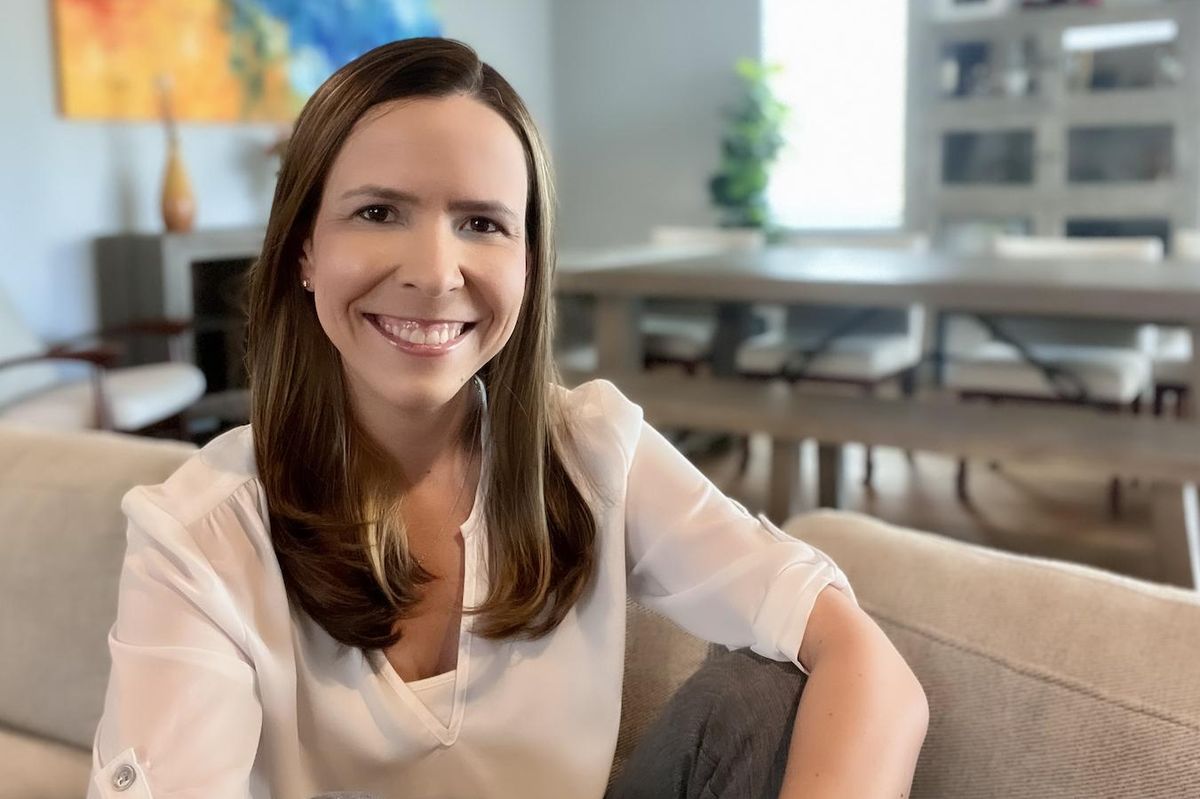8 can't-miss Houston business and innovation events for December
where to be
Editor's note: Houston’s innovation scene is loading up the calendar before the holidays. From climatetech pitch days to the return of favorite festive shindigs, here's what not to miss and how to register. Please note: this article may be updated to include additional event listings.
Dec. 3 — SouthWest-Midwest National Pediatric Device Innovation Consortium
This annual event brings together members, colleagues and guests of the FDA-supported pediatric consortium who are dedicated to assisting device innovators throughout the lifecycle in delivering innovative solutions to patients. Featured speakers include Dr. Danielle Gottlieb from Le Bonheur Children's Hospital, Balakrishna Haridas from Texas A&M University and Dr. Chester Koh from Texas Children’s Hospital.
This event is Wednesday, Dec. 3, from 3:30-8 p.m. at Texas A&M EnMed Tower. Register here.
Dec. 4 — Resiliency & Adaptation Sector Pitch Day: Scaling Solutions to Address Climate Disruption
Join innovators, industry leaders, investors and policymakers as they explore breakthrough climate and energy technologies at Greentown's latest installment of its Sector Pitch Day series, focused on resiliency and adaptation. Hear from Adrian Trömel, Chief Innovation Officer at Rice University; Eric Willman, Executive Director of the Rice WaTER Institute; pitches from 10 Greentown startups and more.
This event is Thursday, Dec. 4, from 1-3:30 p.m. at the Ion. The Ion Holiday Block Party follows. Register here.
Dec. 4 — The Ion District Holiday Block Party
The Ion District, Rice Alliance and Greentown Labs will celebrate the season during the Ion District Holiday Block Party. Expect to find local bites, drinks, music and meaningful connections across Houston’s innovation ecosystem. Guests are invited to participate in Operation Love’s holiday toy drive supporting local families.
This event is Thursday, Dec. 4, from 4-7 p.m. Register here.
Dec. 8 — Pumps & Pipes Annual Event 2025
The annual gathering brings together cross-industry leaders in aerospace, energy and medicine for engaging discussions and networking opportunities. Connor Grennan, Chief AI Architect at the NYU Stern School of Business, will present this year's keynote address, entitled "Practical Strategies to Increase Productivity." Other sessions will feature leaders from Cena Research Institute, NASA Ames Research Center, ExxonMobil, Southwest Airlines and more.
This event is Monday, Dec. 8, from 8 a.m.-5 p.m., at TMC Helix Park. Register here.
Dec. 9 — Jingle and Mingle
Don your ugliest sweater and snap a pic with Startup Santa! Bayou City Startups, Rocket Network, Founder Institute and Energytech Nexus are bringing back their popular Jingle Mingle for the third year. Network and celebrate with founders, community stakeholders and others in Houston's innovation scene. Donations to the Houston Food Bank are encouraged in place of tickets.
This event is Tuesday, Dec. 9, from 5-7 p.m., at the Solarium in Midtown. Register here.
Dec. 9 — European Innovation Spotlight
Celebrate European cooperation and innovation with the European Innovation Council during an exclusive demo night and networking event at Greentown Labs. Hear from 15 EIC-backed founders supported by the European Union with top-class climatetech technologies, listen to a fireside chat and engage in a networking event following the pitches.
This event is Tuesday, Dec. 9, from 4:30-7 p.m., at the Ion. Register here.
Dec. 9-10 — Energy LIVE
Energy LIVE is Reuters Events' flagship ConfEx that brings the full energy ecosystem together under one roof to solve the industry's most urgent commercial and operational challenges. The event will feature 3,000-plus senior executives across three strategic stages, a showcase of 75-plus exhibitors and six strategic content pillars.
This event is Dec. 9-10 at NRG Park. Register here.
Dec. 15 — Innov8 Hub Pitch Day
Hear pitches from members of the latest Innov8 Hub Innovators to Founders cohort, which empowers academic scientists and innovators to become successful startup founders. Meet and network with the founders over light bites and drinks at a reception following the pitch competition.
This event is Monday, Dec. 15, at the Innovation Center at UH Technology Bridge (Bldg. 4). Register here.

 Maria Burgos founded Trendy Seconds to streamline second-hand shopping. Photo courtesy
Maria Burgos founded Trendy Seconds to streamline second-hand shopping. Photo courtesy  Shoppers can have a much more cultivated experience on Trendy Seconds. Image courtesy
Shoppers can have a much more cultivated experience on Trendy Seconds. Image courtesy



